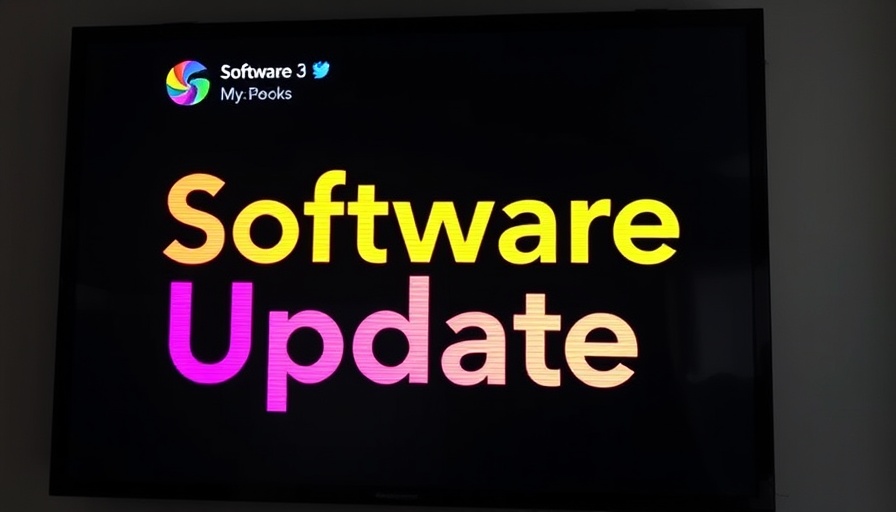
The Future of AI: Google's New Computer Use Agent
In an exciting leap towards more intelligent browsing and task automation, Google has recently rolled out its latest innovation: the Google Computer Use Agent, powered by Gemini 2.5. As reported, this new AI agent can now control your web browser, enhancing user interaction through highly efficient performance.
In BREAKING: NEW Google Computer Use Agent, the discussion dives into Google's latest innovation, exploring key insights that sparked deeper analysis on our end.
What is the Google Computer Use Agent?
At its core, the Google Computer Use Agent employs advanced AI algorithms to execute tasks on users' computers. The genius of this system lies in its ability to understand and manipulate web interactions with speed and accuracy. This allows users to outsource routine tasks—like browsing, searching, and even completing forms—to an AI that learns and adapts in real-time.
Enhancing Productivity with Low Latency
One of the standout features of this new AI is its low latency during operations, which sets it apart from competitors such as OpenAI's models. Early benchmarks indicate that it consistently outperforms existing tools on web and mobile control tasks. Users can witness this efficiency firsthand, as the AI captures screen data, analyzes it, and produces immediate results.
Why This Matters: Implications for Users
The introduction of the Google Computer Use Agent signifies a shift in how we engage with technology. As remote work and digital tasks proliferate, the need for tools that streamline these processes is critical. By delegating routine tasks to AI, users can focus on more strategic functions, enhancing overall productivity.
Learning to Navigate New Technologies
For those looking to harness the power of the Google Computer Use Agent, resources are available. Guidance is being offered through platforms such as GitHub and Google AI Studio, where users can experiment with the agent’s capabilities. This open-access approach encourages individuals to engage with cutting-edge technology, lowering the barrier for entry.
Potential Risks and Ethical Considerations
However, with great power comes significant ethical responsibility. As more control is handed over to AI, users must remain vigilant about security and privacy. Transparency in how these systems work and what data they utilize is paramount to building trust and ensuring safety. Testing and early feedback will play crucial roles as more users begin to implement this technology.
Conclusion: Embracing the AI Revolution
Ultimately, the introduction of the Google Computer Use Agent represents another step towards a future where AI seamlessly integrates into daily tasks, promising to improve productivity while freeing up invaluable time for users. As we stand on the brink of this technological wave, adapting and learning to use these tools effectively will be key to staying competitive in an increasingly automated world. So, whether you're a tech enthusiast or someone just curious about these advancements, now is the time to dive into AI tools—because the future is here.
 Add Row
Add Row  Add
Add 




Write A Comment